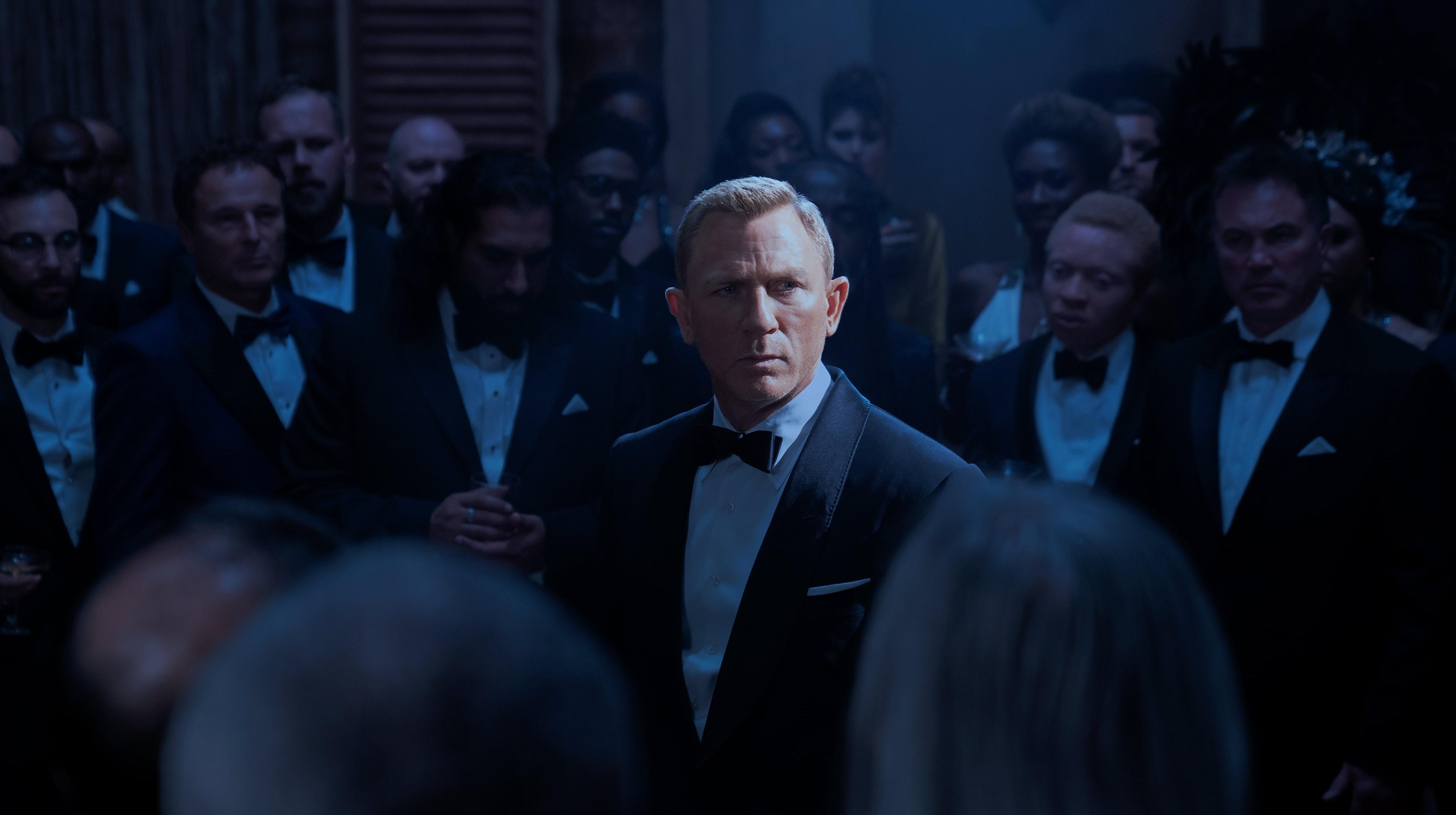The Daniel Craig Bond movies, ranked by A.V. Club review
Here, in order of preference, is how we felt about each installment in the latest 007 run

Fifteen years after he first donned the iconic menswear and turned to fire a bullet straight into the camera, Daniel Craig is retiring from the spy game. His final turn as James Bond, No Time To Die, arrives in theaters this Friday, bringing to an end a whole era of slightly grittier, more serialized adventures for cinema’s most famous secret agent. Unless one counts Sean Connery’s one-off return to the role in the early 1980s, Craig has played 007 for longer than any actor before him. He’s made the character his own.
But how were the movies themselves? The A.V. Club reviewed each when they first hit theaters, charting the course of this franchise within the franchise in real time, from the autumn of 2006 to early last week. Let’s take a closer look at how our critics felt, on a film-by-film basis, about the Craig installments of this endless series—beginning with the one we liked the least and working our way, in order of site preference, to our favorite. Just remember: The ranking that follows may not reflect your own hierarchical assessment of the last five Bonds—nor, for that matter, each individual writer’s.